On his first album for Warp, the South London musician mixes grunge guitars with drum’n’bass breaks and claustrophobic atmospheres, seeking uneasy catharsis.
On his 2021 single “South,” Wu-Lu (aka Miles Romans-Hopcraft) burst through a blocked emotional dam and into the spotlight. Raging against being priced out of his South London community, the Brixton artist mounted a forceful grunge-rap blitz—a surprising but welcome shift for a musician whose earlier releases—lush downtempo under the influence of Los Angeles beat music—would have struggled to send a ripple through a mosh pit, much less open one up. The song’s bruised emotions mapped a restless mind in flux, hinting at Wu-Lu’s ascendance as a genre-breaking force.
With the arrival of LOGGERHEAD, Wu-Lu’s Warp debut, it’s clear that Romans-Hopcraft isn’t interested in being the punk prophet of the anti-gentrification movement. Instead, he channels his energy inward, harnessing the turmoil at the heart of “South” to drive out his demons. Suffused in cut-up breakbeats, glowering basslines, and claustrophobic atmospheres, it’s the sound of your brilliant but quiet friend learning to say it with their whole chest for the first time, even if they’re still practicing in front of a mirror.
LOGGERHEAD’s most compelling moments are when Romans-Hopcraft allows his fury to surface. “South” remains the gold standard; no lyrical moment delivers as staggering a gut punch, or as visceral an image of urban decay, as its opening couplet (“I used to live in South London/There isn’t much of it left”); no vocal outburst cuts as deeply as the blood-curdling scream that forms the song’s chorus. Penultimate cut “Times,” a grungy thrasher featuring a monstrous drum performance from generational talent Morgan Simpson, of black midi, comes closest to giving “South” a photo-finish challenger. Simpson’s explosive power behind the kit imbues everything, including Romans-Hopcraft’s drawling vocal delivery and searing guitar hook, with an awe-inspiring swagger that makes the record’s longest song fly by like it’s the shortest. “These are tuff times for my mind and its design,” he sings, his voice confidently dragging behind the surging beat. Feeling the pressure but in no rush to respond, Wu-Lu bends but doesn’t break.
But it takes him quite some time to build up the necessary anger to push the record toward catharsis. Despite their forceful drums, the first four songs are hazy and emotionally evasive, hamstrung by uneven and cluttered mixes that push Romans-Hopcraft’s voice way down in the murk, and light on insight. Clichés like “Be careful what you wish for, it might just come true,” on plodding, perfunctory opener “Take Stage” only add to the risk of the audience nodding off before the curtain fully rises. The sullen, aimless drum’n’bass of “Facts” is the weakest of this opening stretch, and the most startling example of sonic mismatch. Elsewhere, Romans-Hopcraft proves his talent as a versatile and commanding vocalist, but his mumbled delivery here, buried beneath jittery drums and distracting electronic flourishes, makes you wonder if he feels anything about “watching TV, seeing my ideas jacked.”
Thankfully, once the album gathers the necessary steam, LOGGERHEAD’s world-weary portraits of survival take on a sharper focus. The hypnotic, largely acoustic “Calo Paste” is intense without being volatile: Romans-Hopcraft and guest vocalist Léa Sen circle around Mica Levi and Raven Bush’s gorgeous, minimal string arrangement with the chanted refrain, “I don’t want to see your mental health go to waste,” their multi-tracked voices washing ashore together in a disarming flood of tenderness. “Slightly” wraps self-doubt (“I don’t feel the same/And I’m weak when I pray”) in a deceptively lithe trip-hop groove; the harrowing “Blame” (“Eyes shot red/Couldn’t see my best friend/Soul was dead”) is a delirious yet strangely tender take on noise-rap.
In the introduction to closer “Broken Homes,” Romans-Hopcraft recites a short poem with straight-to-camera seriousness, lamenting the impossibility of “reasonable thought” when “anxious frames of guilt” constrain “everyday reality.” Live, the song’s wiry groove emerges from an extended feedback jam, but here, he’s cloaked in nothing but a gently swelling string drone. After spending an album with his guard up, there’s something distinctly human, even sweet, about his vulnerability. Then a seething post-punk groove whips up clouds of dust, and he tears into a free-associative meditation on doubt and resilience. Even as the music rages around him, it’s clear that he’s finally lowered his shield.

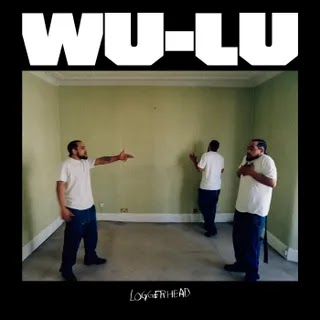


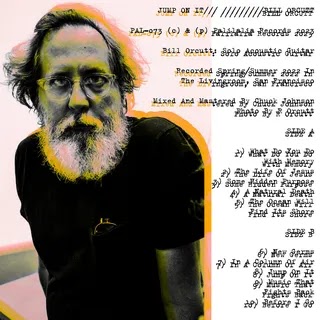
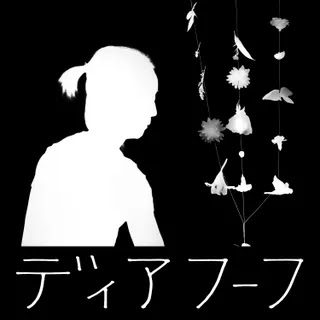
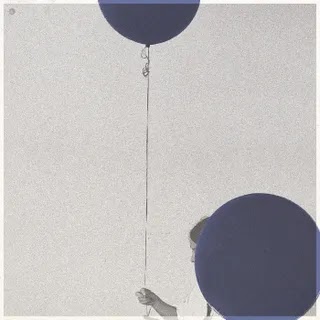



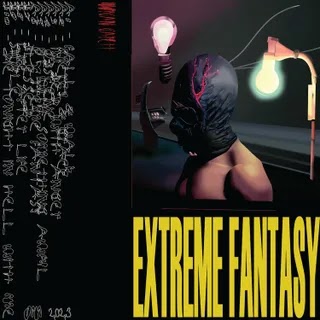





0 comments:
Post a Comment